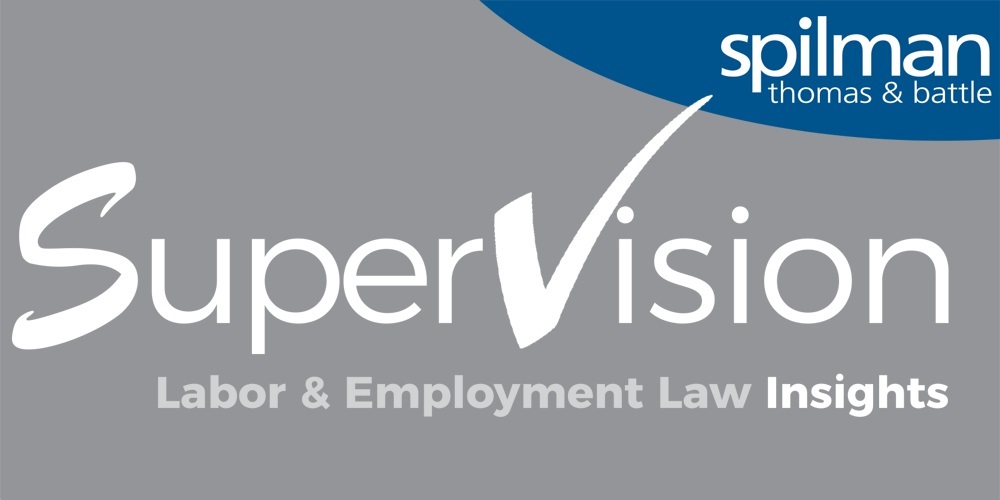Article
Resources
Article
Employers with Tipped Employees: Changes are Coming (Again) from the DOL

Questions concerning how to pay employees in tipped occupations have plagued employers for years. Tipped employees that perform duties that are not sufficiently related to their tipped occupation must be paid at least the full minimum wage, not the lower tip credit wage, when performing those duties. The DOL's approach as to what is/not related to the tipped employee's occupation has changed administration-by-administration. With a new administration, employers are again faced with potential new guidance.
In December 2020, the DOL issued regulations concerning tipped employees that:
- Prohibited employers from keeping their employees' tips for any purpose;
- Permitted employers to use a mandatory tip pool for tipped and non-tipped under certain circumstances;
- Essentially abolished the old 80/20 rule and held that employers can take the tip credit for non-tipped duties so long as (a) the duties are related to the tipped occupation; and (b) the related duties are performed contemporaneously with the tip-producing activities or within "a reasonable time immediately before or after" the tipped activities;
- Required employers to keep track of the tipped employees on their payroll, including the amount of tips they received; and
- Imposed new civil money penalties ("CMP") not to exceed $1,100 when employers unlawfully keep employees’ tips.
The Biden administration froze the implementation of these regulations in January 2021. Subsequently, the DOL published numerous Notice of Proposed Rulemakings ("NPRM") to revise and/or replace the majority of these regulations. The regulations concerning recordkeeping, tip pooling, and the prohibition against employers keeping employee tips (Item Nos. 1, 2, and 4, above) were allowed to go into effect on April 30, 2021, however, one of the NPRM addresses possible refinements to Item Nos. 1 and 4. Another NPRM addresses the CMP regulations proposed by the Trump administration in order to clarify the language regarding when an employer can be assessed CMP.
The third NPRM issued by the Biden administration addresses the issue of tipped versus non-tipped duties and seeks to clarify that a tipped employee "is only engaged in a tipped occupation when the employee either performs work that produces tips, or performs work that directly supports the tip-producing work, provided that the directly supporting work is not performed for a substantial amount of time." The phrase "work that 'directly supports' tip-producing work" is defined as "work that assists a tipped employee to perform the work for which the employee receives tips." The phrase "substantial amount of time," is defined as (1) exceeding, in the aggregate, 20 percent of the employee's hours worked during the workweek or (2) is performed for a continuous period of time exceeding 30 minutes. In essence, the Biden administration is reinstituting the 80/20 rule.
The third NPRM does contain some helpful examples of tasks that either meet/do not meet the proposed regulations. For example:
- Work that directly supports the server's tip-producing work includes cleaning the tables to prepare for the next customers, folding napkins, preparing silverware, and sweeping under their tables, whereas food preparation and cleaning bathrooms would not;
- For a bartender, preparing fruit to garnish the prepared drinks, wiping down the bar and bar tables, cleaning bar glasses, and retrieving certain items from the storeroom is work that directly supports their tipped work, while preparing food and cleaning the dining room does not.
The comment period regarding this third NPRM closes on August 23, 2021, which could result in changes to these proposed regulations. We expect final regulations will be issued before the end of the year.
Employers with questions about their tipped workforce, including the impact of these new regulations, should speak with their labor and employment counsel.
Kelsie A. Wiltse assisted with this article. Ms. Wiltse is a law student at the Elon University School of Law and served as a 2021 Summer Associate at Spilman Thomas & Battle, PLLC.


